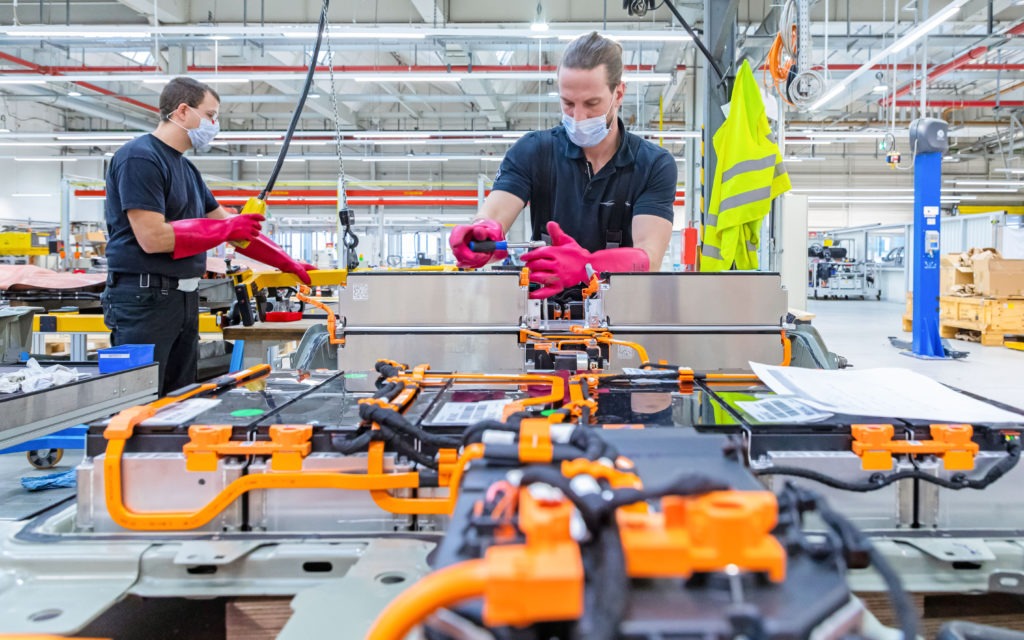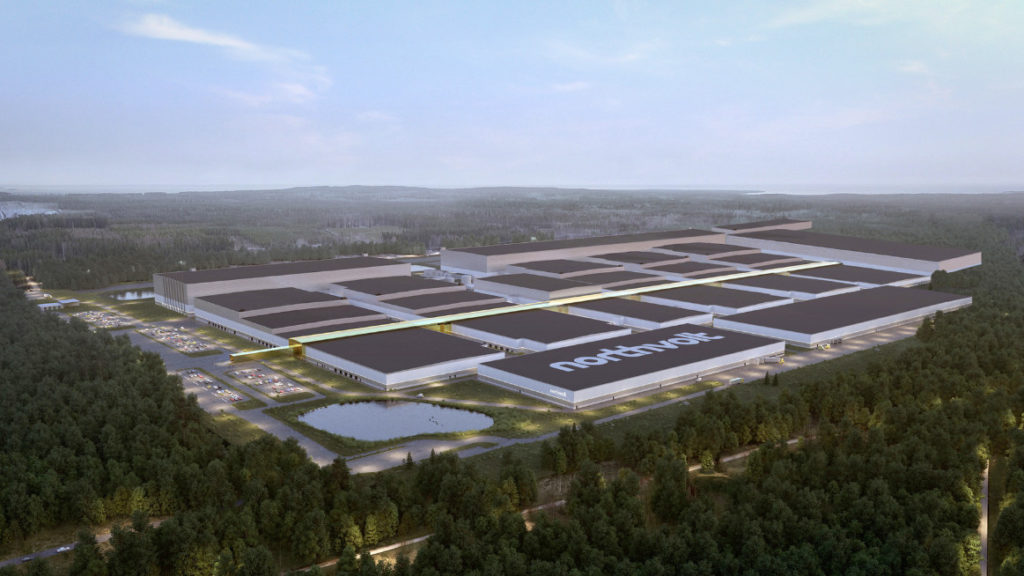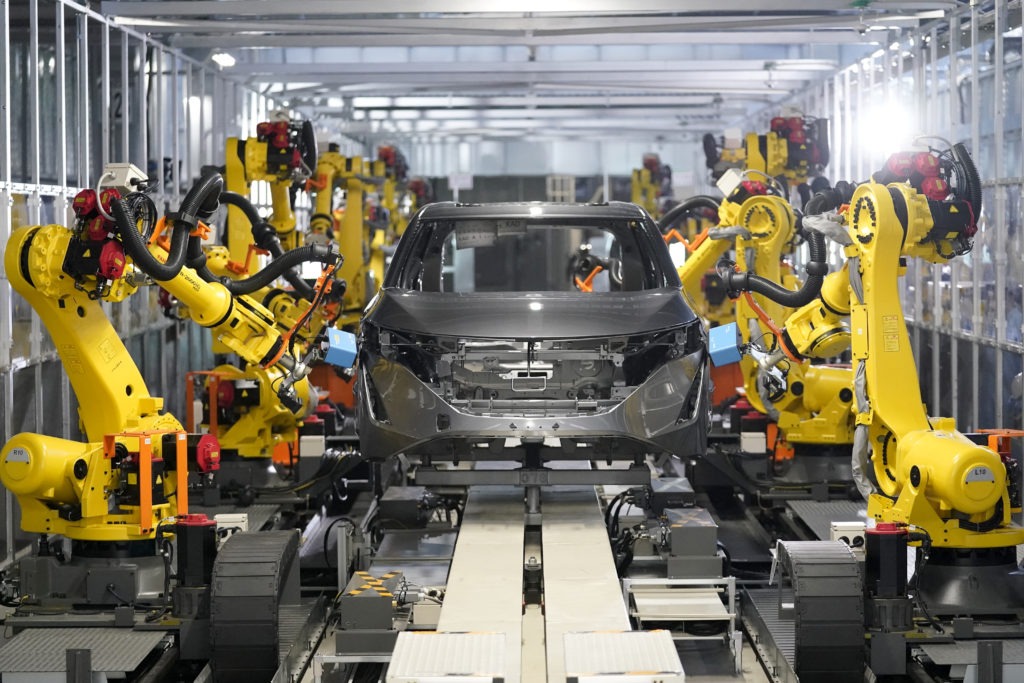Stellantis outlines plans for European plants
13 October 2021

Stellantis is in the middle of overhauling its production plans and is considering splitting off two major Opel plants in Germany, hoping to make production more flexible and safeguard jobs. But the announcement has garnered criticism from the works council and union members, who say Stellantis is jeopardising employment and co-determination structures.
German newspaper Handelsblatt first reported on Stellantis’ plans. The multinational car-manufacturing group – the result of a recent merger between Fiat Chrysler Automobiles (FCA) and PSA Group – oversees 14 automotive brands, including Opel and two of its main plants in Rüsselsheim and Eisenach.
Uncertainty remains high
If Stellantis goes ahead with its plans, the two Opel sites would no longer be part of Opel Automobile GmbH and would instead remain linked to Stellantis. Unions fear this could lower their influence as Opel could lose responsibility for both plants, with them being turned into separate legal entities. While talks with trade unions are underway, opponents view the move with a critical eye.
‘There is still uncertainty about the if and the how. On the basis of what is known, however, I am already explicitly speaking out against this path,’ said SPD politician and the German state of Thuringia’s minister of economic affairs, Wolfgang Tiefensee. ‘Stellantis and thus Opel are strong as a union,’ he added.
The German trade union IG Metall said the news had taken them by surprise and that employees would not accept a potential split-off without a fight. It said the level of uncertainty among workers is high and the union is now planning strike action at the end of the month.
‘What Opel has announced here does not follow any economic logic. The one and only goal of breaking up [the plants] is to weaken successful co-determination in Germany,’ said Uwe Baum, chairman of Opel’s general works council.
Production clusters
Stellantis argues the benefits of a split-off include more flexibility and efficiency. When contacted by Autovista24, the manufacturer said:
‘Stellantis has organised production within the group in production clusters in order to achieve maximum and efficient utilisation of production capacities. This is also to ensure that all Stellantis production sites can produce for all Stellantis brands. This approach was already part of Groupe PSA’s strategy.
‘In order to further strengthen the cooperation and flexibility within the Stellantis production network, we are looking into developing the production sites in Rüsselsheim and Eisenach into their own legal and production organisations. The advantages associated with such a more efficient and flexible production organisation are intended to help secure jobs in the long term,’ said the spokesperson.
Stellantis added that working conditions for all employees would remain unchanged. It pointed out that Opel’s Eisenach plant was independent from 1990 to 2013 and that the group was merely ‘considering’ splitting off the plants.
Chip shortage
In recent weeks, Stellantis has faced increasing criticism from trade unions as the carmaker tries to mitigate the impact caused by the ongoing chip shortage, which has slowed and even halted production across Europe. Opel’s Eisenach plant is shutting down temporarily this month, causing an outcry among workers.
In France, similar events took place last month when two trade unions criticised Stellantis over its furlough scheme, with employees having their working hours cut short. In Italy, the FIM-CISL trade union said the semiconductor shortage would hit Stellantis’ Italian production harder and for longer than the COVID-19 pandemic.
‘The semiconductor hurricane is causing production stoppages that are weighing more than the lockdown in 2020,’ said FIM-CISL head Ferdinando Uliano. ‘The forecasts are that such a situation will carry on for the whole first half of 2022.’
Despite the warning by the FIM-CISL, Stellantis continues to develop its restructuring plans. In Italy, the manufacturer wants to move the assembly line of its Italian Grugliasco plant to Mirafiori in Turin, with the hope of increasing efficiency. The move would turn Turin into the carmaker’s hotspot for electrification. Stellantis plans to assign Mirafiori a new electrified platform to produce Maserati cars between 2022 and 2024, with the purpose of overhauling production in Italy – which will no doubt affect other markets in Europe.



